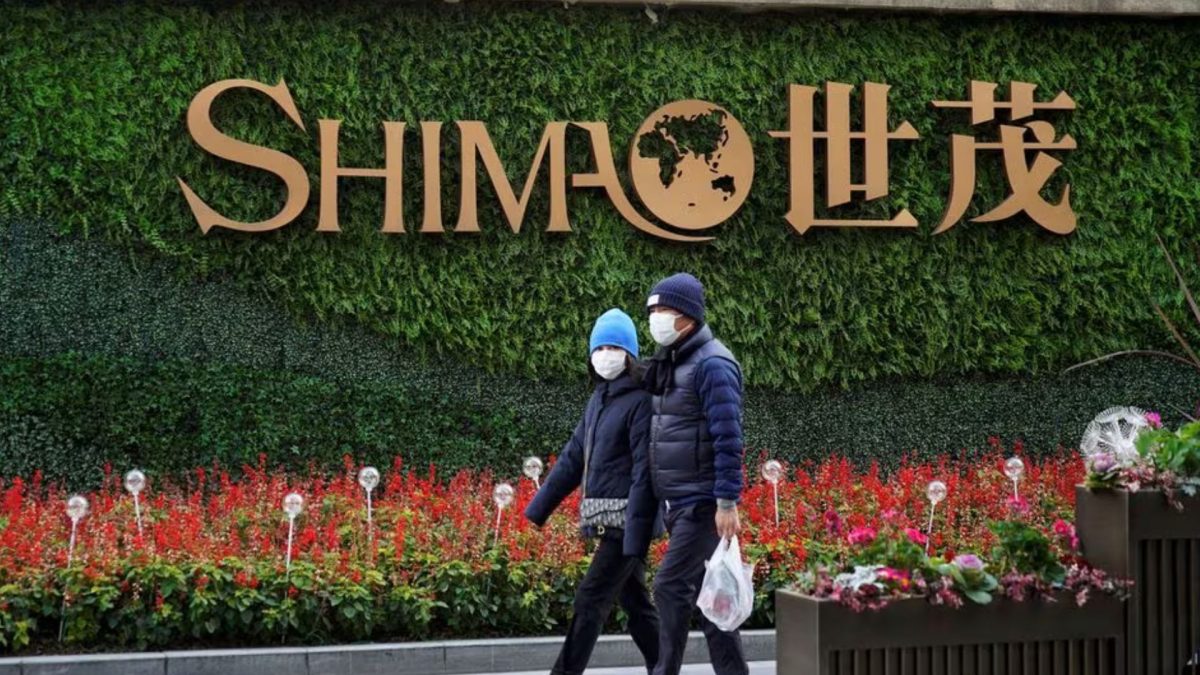International relations are never the subject of binaries. Geostrategic ties between nations are incumbent on a host of factors including, but not limited to, areas of mutual interest. Self-interest has equal bearing on foreign policy, if not more. A country’s geopolitical influence, its hegemonic ambitions and how it weighs itself against other major global powers are also significant factors.
If these things are kept in mind, it becomes clear that much of the animus that exists in India on China “betraying its cause” by not letting Masood Azhar be declared a terrorist by the United Nations or barring New Delhi’s entry into the Nuclear Suppliers’ Group, is misplaced.
As Foreign Secretary Subramanyam Jaishankar co-chairs the China-India strategic dialogue with China’s Executive Vice Foreign Minister Zhang Yesui in Beijing, media in India would do well not to swing between wild optimism and feral despair based on the outcome of the meeting. It has already struck a depressingly familiar note.
Let’s keep in mind that the asymmetry in power and geopolitical influence between these two Asian nations will always have a huge bearing on the bilateral relationship. It is plain foolish and illusory on our part to expect that this strategic dialogue, while a very important mechanism of engagement, is taking place between two equal powers. It is not. The hard truth that we Indians suffer a denial from is this: Beijing does not see New Delhi as its equal. It obsesses not even half as much over us as we obsess over it.
Professor Minxin Pei, author of China’s Crony Capitalism and one of the world’s top public intellectuals, is a well known voice on China. During a recent discussion in Project Syndicate on China’s global role and Sino-Indian relations, Pei stressed on the lopsided nature of the bilateral relationship and held that most Chinese think very little of India. During the discussion — the podcast link of which is available here — a question was put if China sees India as its arch-nemesis.
According to Pei, a non-resident senior fellow of the German Marshall Fund of the US, “what happens to the India-China relationship is a mirror image of the US-China relationship. In China, ordinary people obsess with the US whereas the same amount of interest isn’t reciprocated. Similarly, Chinese do not reciprocate the concern that Indians have for them… If India thinks that China has a grand scheme of trying to contain India or prevent India from becoming a great power (it’s not true)… It could be in some circles but China is preoccupied with the US. Sees it as a much more serious, external adversary.”
He goes on to add that the fear in China that India will achieve “superior economic growth” is limited to a “very small number of people. The prevalent sentiment in China about India is one of condescension. The mood is one of complacency. Chinese don’t consider India’s infrastructure anywhere even close to theirs. That fear isn’t real.”
We see similar views being expressed by former national security adviser Shivshankar Menon. In his critically acclaimed book Choices: Inside the Making Of India’s Foreign Policy, Menon, who as a career diplomat was posted as an envoy in China from 2000-2003, writes: “We should not flatter ourselves that China is fixated on encircling India. The drivers of Chinese foreign policy are likely to remain the quest for status and the acquisition of power — political, military, and economic. China has a greater goal, to become the preeminent power in the world, and India as a major power is dealt with as part of that strategy. In other words, India-China relations do not fall into a simple binary opposition but exhibit a complex interplay in political, economic, security, and other realms.”
The truism of this is reflected in the skewed media coverage. There have been wide-ranging discussions in India ahead of the strategic dialogue. A lot of ink has flown over the bilateral engagement. Chinese attitude is evident in the way state-run Global Times or Xinhua have spent not more than a paragraph each on the development.
To sum, at this stage in history, when China as a revisionist power is on the rise and is challenging US hegemony in world order, it is practical for India to keep these bilateral schmoozings going and keep open the channels of official communication while playing down the level of expectations. Once the hype is lowered and the hope is rationalised, we may find that despite core differences, the China-India strategic dialogue did start on the right note and promises to be fruitful.
The official dialogue was preceded by talks between Jaishankar and China’s Foreign Minister Wang Yi and it is quite clear from the statements released that both countries understand the importance of “reducing misunderstandings and building more trust”, as Wang Yi put it, according to a report filed by PTI from Beijing. Jaishankar, for his part, played down India’s concerns over CPEC, NSG and Azhar by saying “there are natural issues which neighbours have”.
The signals are quite strong that while attending to its self-interest or extending hegemony over Asia, China won’t think twice before antagonising India, if need be. But equally, it is not in favour of palpable discord and acrimony and wants to keep talking to its neighbour. These are not mutually exclusive goals, rather they dovetail perfectly with China’s mercantile ambitions.
Similarly, India must learn to harness China’s power while scripting its own rise. If that means playing second fiddle to the more powerful neighbour for now, so be it. Instead of subjecting the bilateral relation to NSG-Azhar-CPEC binaries, it must look at the bigger picture and keep communicating. But it must never take its eyes off the ball.


)




)
)
)
)
)
)
)
)